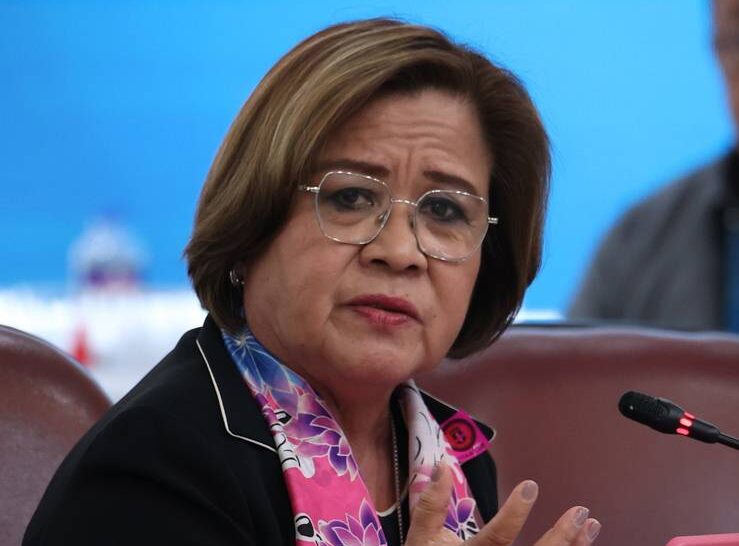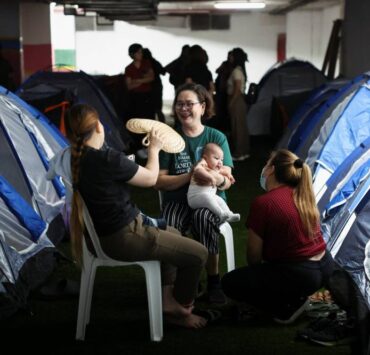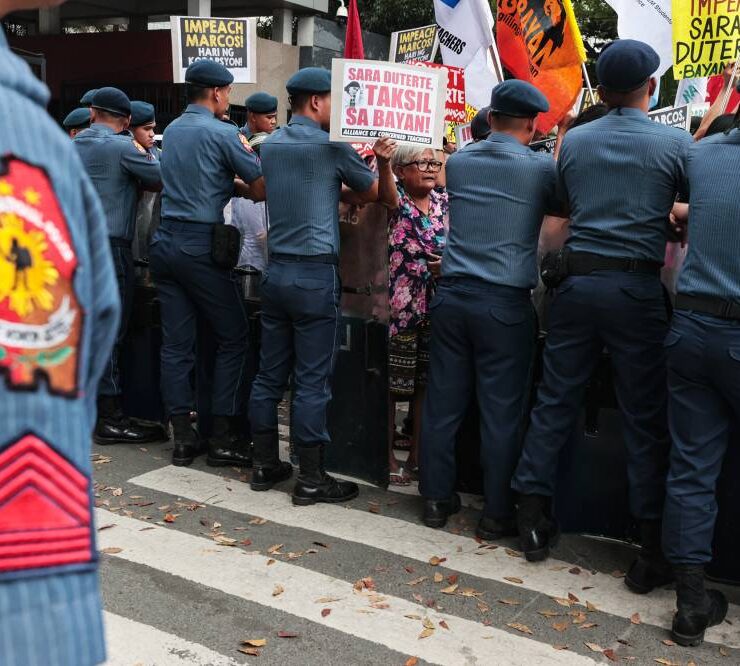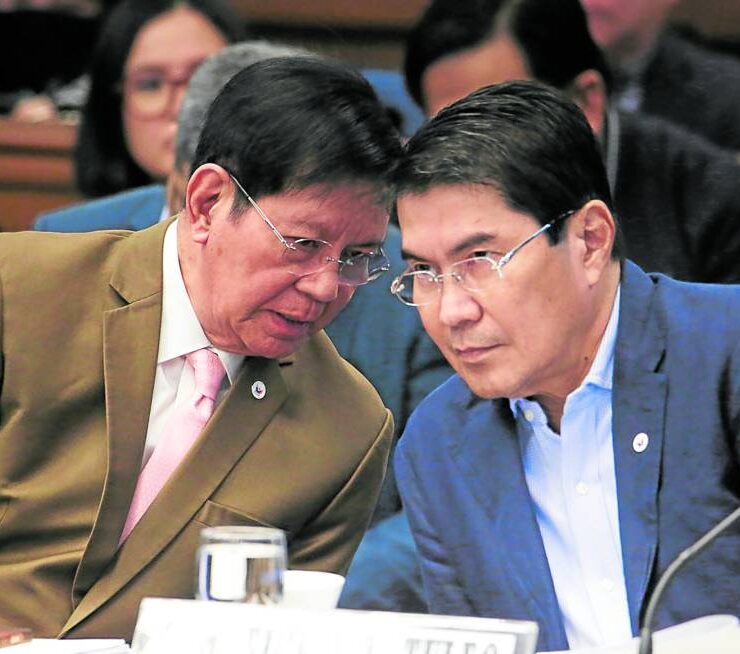De Lima uneasy about Ombudsman’s move on complaints vs Sara

Representative-elect Leila de Lima suspects that there might be a “game plan” behind the immediate action taken by the Office of the Ombudsman in asking Vice President Sara Duterte to answer allegations that she misused her confidential funds, which could end up in a dismissal of the criminal complaint against her and undermine her impeachment trial.
De Lima was concerned about the “out of character” move by Ombudsman Samuel Martires ordering Duterte and nine other officials from the Office of the Vice President (OVP) and the Department of Education (DepEd), to respond in counteraffidavits to the House good government committee report which recommended a raft of criminal charges against them.
She told the Inquirer how the antigraft body led by Martires, an appointee of ex-President Rodrigo Duterte, had not been so quick in acting on cases involving the Vice President’s father and his allies.
The committee report was based on the panel’s four-month inquiry into Duterte’s alleged misuse of P625 million of the confidential funds of the OVP (P500 million) and the DepEd (P125 million) from 2022 to 2024.
It recommended charges of plunder, bribery, fraud, technical malversation, among others.
Curious timing
The report was passed by the House plenary on June 11 and a copy was given to the Office of the Ombudsman on June 16. The Ombudsman issued his order to Duterte and the other ex-officials to respond just four days later.
De Lima also noted the curious timing of Martires’ move, as he is set to retire next month, considering that the Office of the Ombudsman has no disciplinary authority over impeachable officials, like the Vice President.
Under the Ombudsman law, the antigraft body can only investigate impeachable officials for the purpose of filing an impeachment complaint with Congress—“but there is already an impeachment case versus the vice president,” De Lima said.
She added that the Ombudsman’s investigation “remains a mystery because procedurally, it is already too late and redundant for purposes of filing an impeachment complaint and too early for initiating a criminal complaint.”
“It should have conducted an investigation earlier and filed an impeachment complaint with the House. That is its only jurisdiction over impeachable officials, to investigate them for purposes of filing an impeachment complaint against them,” she said in a statement sent to the Inquirer.
‘Game plan’
The former senator and justice secretary raised the possibility of a “game plan by the current ombudsman … (to) issue a ruling of lack of probable cause that would help in Sara’s defense.”
If the Ombudsman were to act on the counteraffidavits and dismiss the case before the Senate convenes as an impeachment court, De Lima warned that it could “pre-empt the impeachment proceedings by conducting a motu proprio investigation only for the possible purpose of exonerating the vice president.”
Simply put, she said, it could be raised by the defense in the impeachment trial to weaken the case and allow them to file a motion to dismiss the complaint altogether.
“I honestly think that, notwithstanding VP Sara’s confident posturing (that she wants a “bloodbath”), the whole defense strategy is to avoid trial, at all cost,” De Lima said.
“It’s not far-fetched that instead of a Verified Answer, what they will file is a motion to dismiss,” citing a favorable ruling from the Ombudsman on one of the strongest cases the House has against her, she said.
However, this game plan could still be blocked.
The former justice secretary emphasized that should the Ombudsman find no probable cause against an impeachable official, it should not invalidate or halt impeachment proceedings already initiated by the House.
Under Section 3(4), Article XI of the 1987 Constitution, the House may directly file an impeachment complaint with the vote of at least one-third of all its members, independent of any action or inaction by the Office of the Ombudsman, De Lima said.
“Even if the Ombudsman clears the official due to lack of probable cause, that finding carries legal effect only when the Ombudsman itself initiates the impeachment process,” she said.
“In this case, however, it was not the Ombudsman but the House that filed the complaint,” De Lima said, adding that it could not invalidate the Articles of Impeachment filed by one-third of the House. —WITH A REPORT FROM JULIE M. AURELIO





















